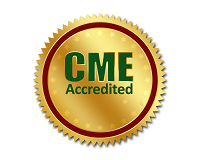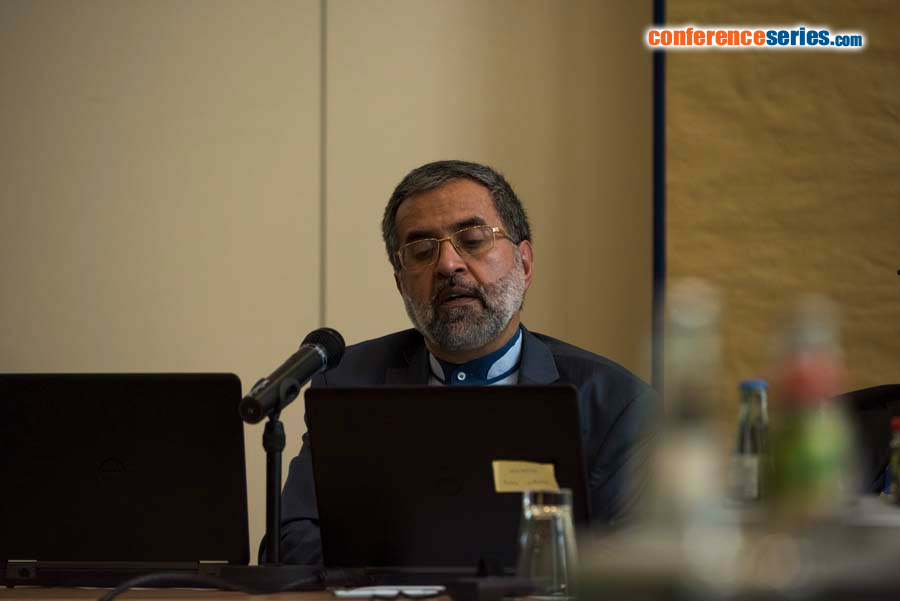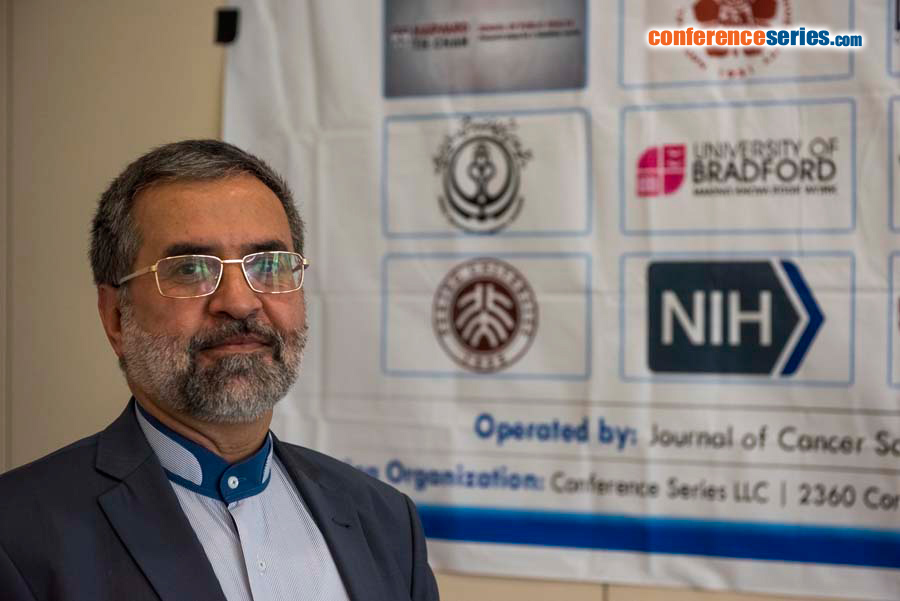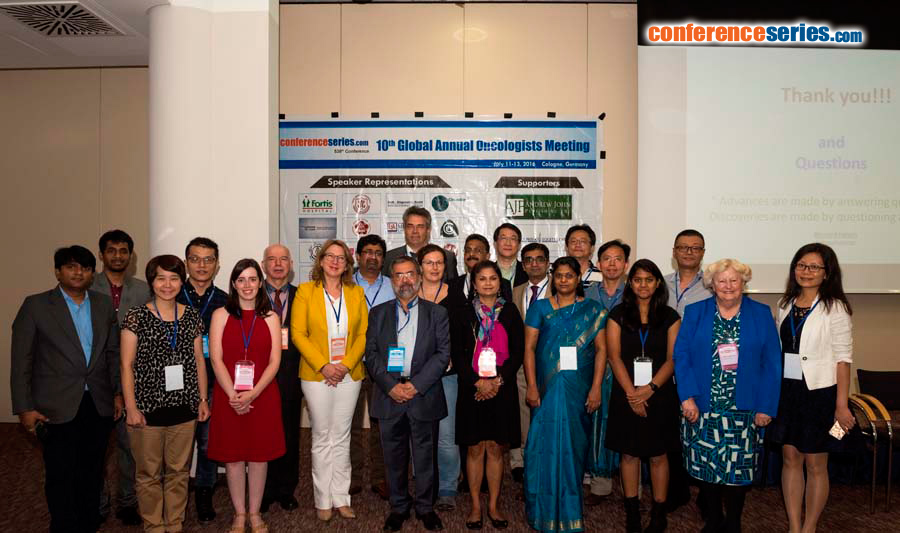
Mahdi Shahriari
Shiraz University of Medical Sciences, Iran
Title: Revisiting the value and role of anti-angiogenesis in solid tumors and the mechanism to inhibit angiogenesis, and their possible complications: Pediatric oncologists view
Biography
Biography: Mahdi Shahriari
Abstract
Introduction: Avastin (Bevocituzomab) and Sorafenib are 2 drugs that has been used for relapsed, refractory, metastatic and advanced brain tumor and HCC respectively in paediatric age group, but there are numerous new drugs which has not been used yet. Method: Mechanism of action, evidence of effectiveness and complications of anti-angiogenesis drugs revisited using English language large data bases; in order to find evidences for using these drugs focusing on paediatric age group; their mechanism of actions and complications. Results: Angiogenesis is a crucial mechanism required for many physiological events. In physiological conditions, angiogenesis is a highly regulated phenomenon that normally occurs during embryonic development, wound healing. Blood vessels are needed for the supply of nutrients and oxygen and the disposal of waste products. Neoangiogenesis is a multistep process that involves vasodilatation, enhanced vessel permeability, stromal degradation and endothelial cell proliferation and migration resulting in the formation of new or extended capillaries. Principal pro angiogenesis factors are: Angiopoietin -1, Pleitropin, Angiotensis, Epidermal growth factor, Fibroblast growth factor, Hepatocyte growth factor, Insulin-like growth factor, Placental growth factor, Platelet-derived growth factor, Transforming growth factors (α and β) and Vascular endothelial growth factor. Principal of anti-angiogenesis factors are: endostatin, trombospondin, tissue inhibitors of metalloproteinases and vasostatin. Some agents targeting VEGF: Bevacituzomab (Avastin) which is anti VEGF monoclonal Antibody that specifically inhibits all major human isoforms of VEGF; So inhibits proliferation, permeability, invasion, migration and survival of endothelial cells. By this mechanism Avastin causes regression of tumor vasculature, normalization of surviving vasculature, and inhibition of new tumor vessel growth potentially improves capacity of chemotherapeutic drug delivery and inhibits tumor growth and metastasis. But Ramucirumab is an anti-VEGFR-2Antibody, and Aflibercept (VEGF Trap) is a Soluble VEGF Receptor. Another class of antiangiogenesis drugs are small-molecule inhibitors including: Snitinib, Sorafenib, Pazopanib and Regorafenib. Among them evidence strongly suggests Sorafenib for advanced or progressing HCC, because it inhibits activity of C-Kit, FLT-3, VEGFR-2, VEGFR-3 and PDGFR- β.But it should be emphasized that when a patients became resistant to these drugs he/she will progress more rapidly and will have distant metastasis. Conclusion: Evidence supports better selection of patients for starting anti- angiogenesis drugs, their cost and resistance to them should be considered.
Speaker Presentations
Speaker PPTs Click Here




